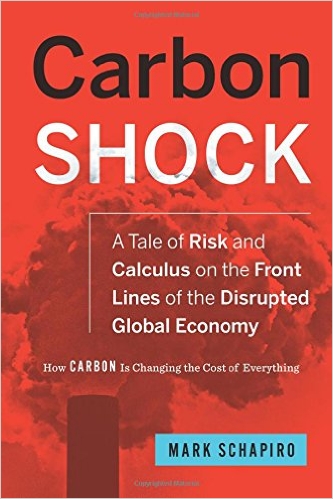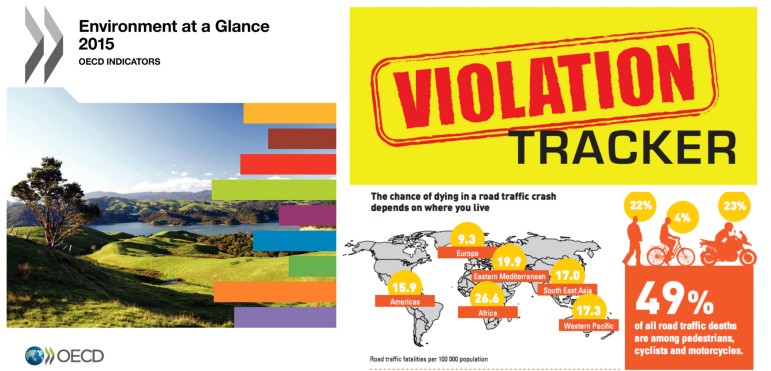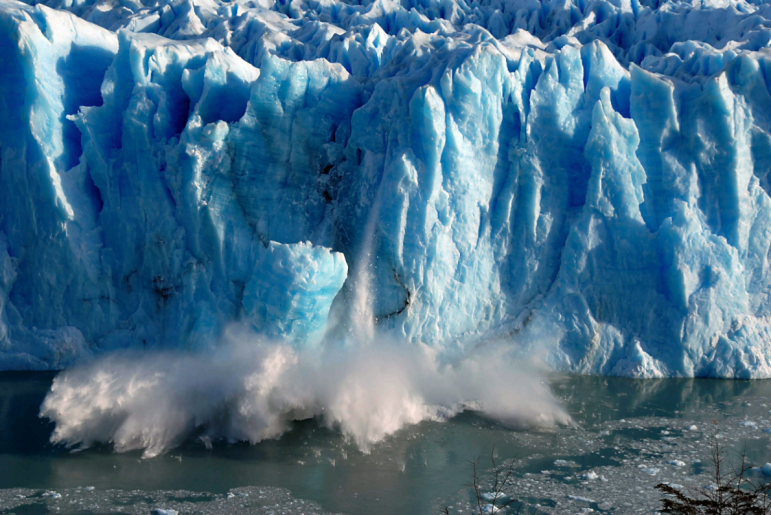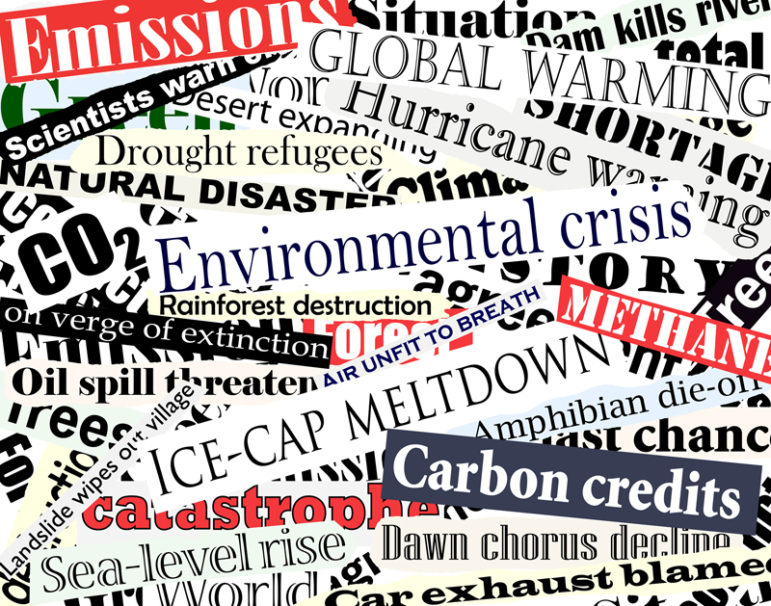

Environmental Investigative Reporting: Resources & Methods
In this just-released video, investigative reporter Mark Schapiro goes in-depth on how to use investigative techniques in probing often complex environmental issues. Schapiro, a veteran of the original Center for Investigative Reporting in the San Francisco Bay Area, gave this talk at NR15, the July 2015 annual conference of Netzwerk Recherche, Germany’s investigative journalism association. His host is Katharina Finke.
 “How do we make the global economy work for us as journalists?” Schapiro asks. “If you can begin to think in a global context, you realize that there’s all sorts of information you can get on American companies in Europe, because they have to register here according to a whole different set of criteria than they do in the United States. You can find out about the toxicity of the chemicals they sell in the United States.”
“How do we make the global economy work for us as journalists?” Schapiro asks. “If you can begin to think in a global context, you realize that there’s all sorts of information you can get on American companies in Europe, because they have to register here according to a whole different set of criteria than they do in the United States. You can find out about the toxicity of the chemicals they sell in the United States.”
“And the reverse is also true,” he explains. “There are European companies that operate in the United States… You can get information on them from American governmental and NGO sources that you can’t get from Europe.”
Schapiro has produced award-winning environmental stories for three decades. His work spans virtually all forms of media: in publications such as Harpers, The Atlantic, Mother Jones and Yale 360; on television, including PBS FRONTLINE/World and KQED; on public radio including Marketplace; and on the web. His latest book is Carbon Shock: A Tale of Risk and Calculus on the Front Lines of the Disrupted Global Economy. His previous book, EXPOSED: The Toxic Chemistry of Everyday Products, looks at the health and economic implications of tightening environmental standards by the European Union. Among his earlier works was Circle of Poison in 1981 (co-authored with David Weir), which helped spark a global campaign to stop the dumping of banned and restricted pesticides on developing countries. He is an adjunct professor at the Middlebury Institute of International Studies at Monterey and lecturer at the University of California at Berkeley Graduate School of Journalism.
Looking for more? Check out the environmental reporting resources put together by Schapiro and Nils Mulvad for the eighth Global Investigative Journalism Conference in Rio, and GIJN’s resource page on extractive industries.









